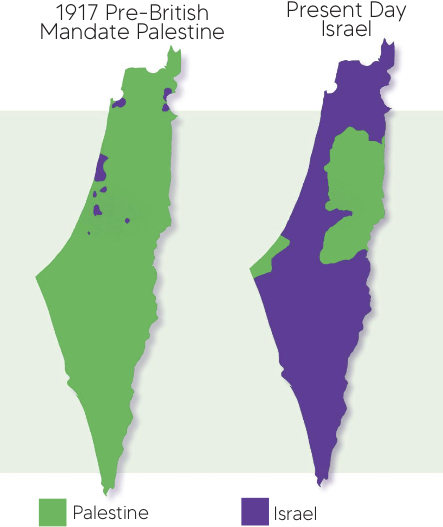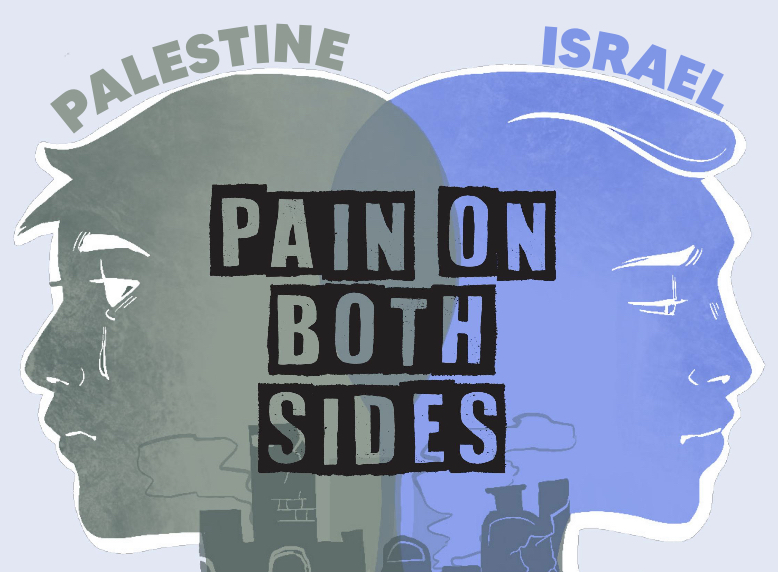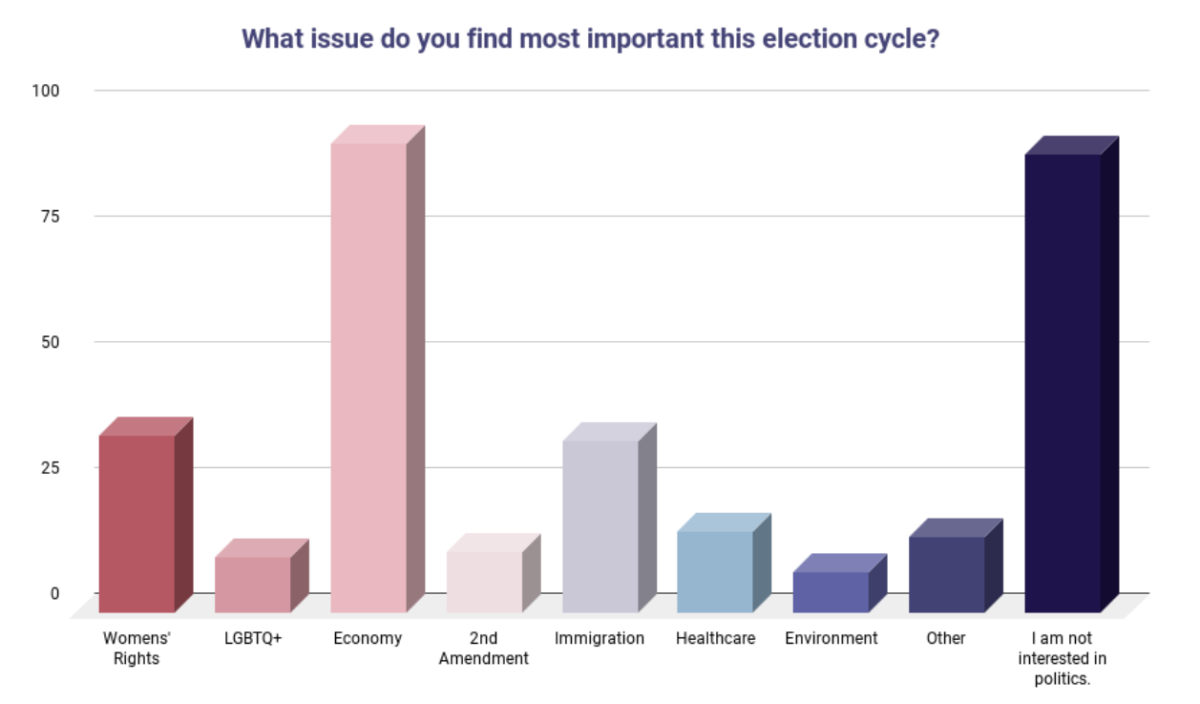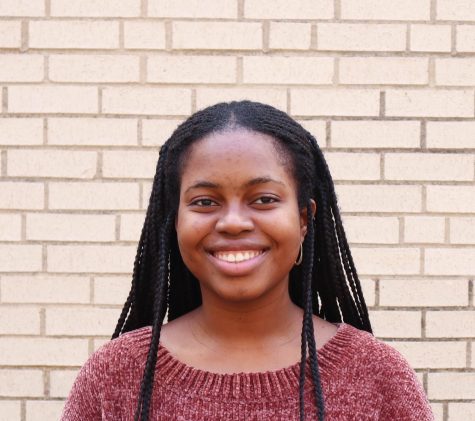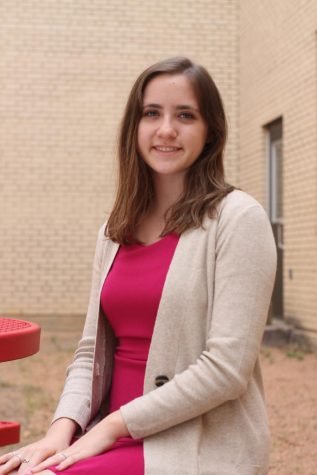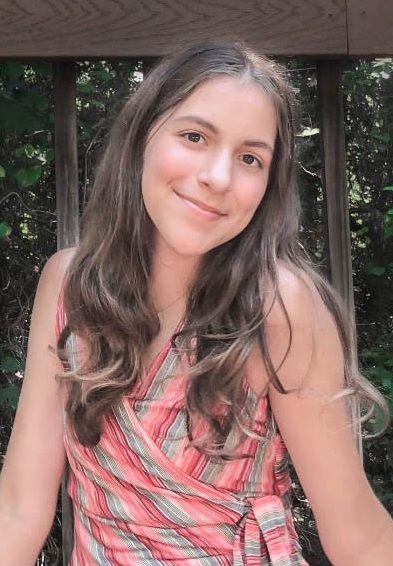
Editor’s note: This story was part of the April 6, 2021 in-depth package that won honorable mention for online in-depth packages in the 2022 ILPC contest.
Last spring, sophomore Caroline Lehmann rested her head on her pillow and tried to sleep. But her mind wouldn’t stop racing.
I still have to turn in Canvas assignments.
I’m not ready for AP exams.
I have so much to do.
After an hour, Caroline finally drifted off, but one thought still lingered.
I’ll have to get up in the morning and do it all over again.
• • •
Caroline’s family traveled to Colorado for spring break 2020, but flew home one day after they arrived because of the worsening pandemic. Caroline and her brother’s activities were canceled, and her older sister had to finish her senior year of college at home.
Meeting high standards always brought Caroline a sense of fulfillment. Even as a freshman, she ran cross country and was in multiple AP classes and clubs. Having a clear schedule was new for her.
Caroline’s family spent more time together, playing board games, riding their bikes and walking their dogs so much that the dogs stopped being excited to go outside. It was like vacation.
“Even though at the time I probably said I was sick of it, it’s nice to look back on and know that we had that time together as a family,’” Caroline said.
Teachers started sending out announcements about Canvas assignments, but Caroline pushed herself less because she thought they were easier. She often did homework with her younger brother, which made it more fun.
But when the announcements about AP testing were released in April, it was a wake up call for Caroline. The vacation period was over.
“I realized that we were still going to be taking the AP test, there was still going to be testing for college credit, and it still mattered a lot what I was doing and how I was studying,” Caroline said.
Caroline panicked and hunkered down on schoolwork. Between studying and running every day, she rarely relaxed.
Caroline had struggled with anxiety when she was still in school, but could always get extra tutoring if she didn’t understand her work, or spend more time with her friends if she was lonely. Last spring, however, she felt alone.
“It was this weird middle ground between I was stressed about a lot of things but I still had nothing to do,” Caroline said.
Caroline felt like she was being held to an impossible standard in her difficult classes. She became frustrated every time she barely managed to submit an assignment, only to get comments on Canvas about how she could have tried harder.
“It felt like no matter what I did, I couldn’t do it right,” Caroline said.
In May, she found out that the annual summer cross country trips were canceled. Caroline was disappointed — she had made good memories the summer before and had looked forward to doing it again.
“I would be lying in my bed and just thinking about all the things that I was excited for that were coming,” Caroline said. “And now I kind of felt as though maybe they weren’t going to happen anymore.”
Slowly, Caroline spent less time with her family, which had kept her afloat when everything else was canceled. Her stepdad went back to his office, and her mom became swamped with work. Her brother started doing homework by himself. It felt like the world was moving on but she was still there.
“I just felt very stuck,” Caroline said.
Talking to her parents seemed out of the question. Her mother was in charge of her company’s COVID-19 response team, so it was difficult for Caroline to talk to her about her emotions without feeling like she was being overdramatic.
“I knew that they were experiencing the same thing, but maybe even worse than me,” Caroline said.
Caroline didn’t feel like she could open up her friends either. As an introvert, she rarely reached out to her friends outside of school. They had always been at track practice, in class or at club meetings when she wanted to see them, so she didn’t know how to initiate interaction when school was taken away.
A feeling set in — one that made her uncomfortable. Caroline alternated between ignoring it and wallowing in it — loneliness.
“I tend to think of loneliness as kind of a feeling where you feel as though you have nowhere to go, and no one to turn to,” Caroline said. “And even if you know there’s a million people around you, you still don’t feel comforted by their presence.”
• • •
As Caroline typed, the words just seemed to flow.
Her English teacher had assigned her class a community poem. Each student would add some stanzas to a shared Google Doc, beginning with “What I’m learning about ___ is ___,” and all their entries would make up one poem.
When Caroline read the instructions, she was automatically interested. English was one of her favorite classes, and she’d always found it easier to write about her feelings than talk about them.
She opened her Notes app and everything from the past month came out.
Isolation. Inadequacy. She wrote things she didn’t even know she was feeling.
“I was kind of thinking about it and reflecting while I was writing, and it’s like, ‘I wonder if I really did let myself completely feel this isolation, stress, and everything, if anyone would notice,’” Caroline said.
She ended her poem with, “What I’m learning about holding on is that I’m starting to slip and I don’t know if anyone will be there to pull me back up.”
Caroline hoped for the best and pasted it into the Google Doc.
• • •
Although she felt better writing about them, Caroline realized that talking about her emotions helped. One high point of those first weeks of quarantine was talking with one of her teachers virtually. Caroline shared some of her stress, and after they talked for an hour and a half, she felt lighter.
“It was nice to hear from someone who I respected and who was older,” Caroline said. “And from that teacher perspective, to hear that everybody was feeling kind of the same stress and craziness at the time.”
After a few weeks of hard work, summer arrived.
Stressors like AP exams and school were gone, and track practice started again. The runners were organized into small training groups instead of together, but Caroline saw it as an opportunity to get to know Abby, one of the girls in her group.
They hadn’t been close before, but they bonded while running together every morning. When COVID regulations loosened up, Caroline’s mom let her choose one friend to spend the summer with, and she chose Abby.
They had picnics together and drove around their neighborhood. On Caroline’s birthday, they got Chick-fil-A with the rest of their training group.
“Even though we didn’t really get to do much besides go through drive-thrus and go sit somewhere and eat, or go on runs together, it was still a little bit of the sense of normalcy and of the interaction I hadn’t had in a while,” Caroline said.
Caroline had never been great at understanding her emotions, but she knew that she felt better.
• • •
Caroline is doing virtual plus this year, with track as her only in-person class. She still holds herself to high standards, but the biggest difference is the way she treats herself when she can’t meet her goals.
“I’ve been learning to give myself grace,” Caroline said. “And to recognize that I can’t do everything. I can’t accomplish everything all the time. And that’s okay.”
She’s making sure that she keeps a support system through class group chats and virtual study sessions. Sometimes they focus on work throughout, and sometimes Caroline just needs to vent. Whichever way the conversation goes, the calls make her feel much better.
“It kind of reminds me that I’m not the only one who’s doing it this way,” Caroline said.
Her parents are always there to talk to when her anxiety is too much to handle by herself. Her dad walks Caroline through her emotions when she needs to process them, while her mom offers solutions.
“My parents together are the perfect team for dealing with it,” Caroline said.
Caroline used to believe that opening up to others about her emotions is burdening them, or blowing her own problems out of proportion. But she’s noticed that when she recognizes her negative emotions and lets other people help her with them, she dwells on them less.
“I’ve been working on that, and am still working on it,” Caroline said. “Allowing myself to recognize and feel those emotions, and not just bottling them up and letting them come out into a big breakdown, because that’s not healthy.”
When she needs something to hold on to, Caroline thinks of her future — the time when she’ll achieve her goals and when her mental health will improve.
But for now, she’s determined to value all seasons of life, whether they’re happy or painful.
“All I can do is enjoy where I am now,” Caroline said. “And know that as long as I keep enjoying where I am now and pushing where I am now and working hard, I’m going to make it to the places I want to achieve.”




